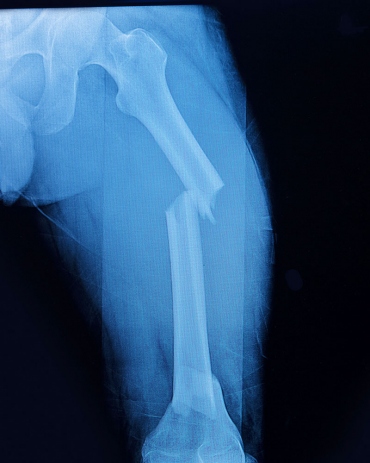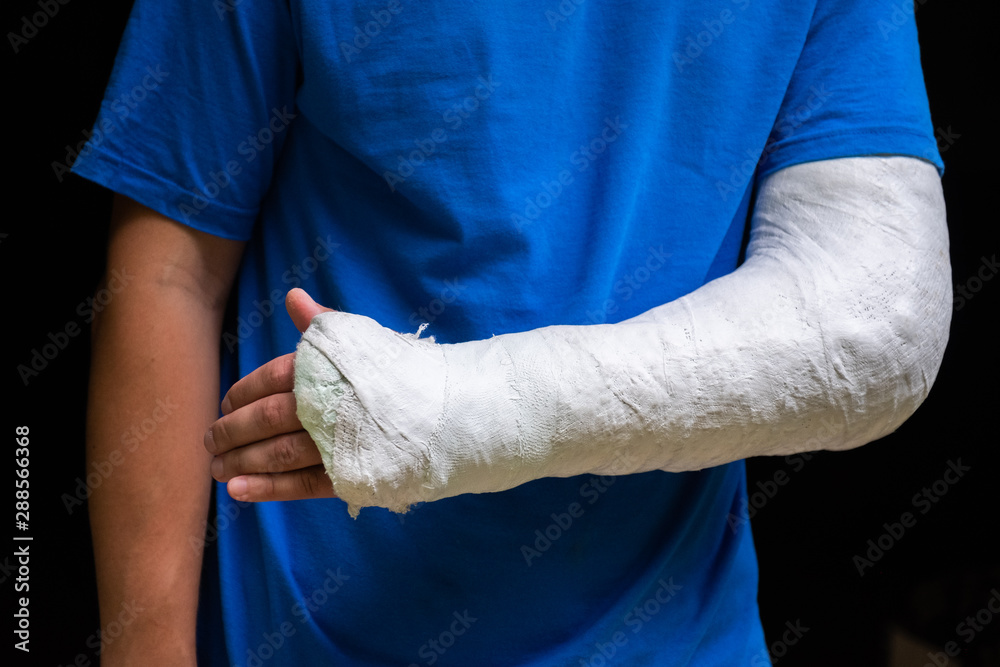When your parents reach a certain age, or a particular physical or mental state that makes it harder for them to live independently, there are difficult decisions to be made: assisted living, nursing home, home health aide, move in with a child or relative, or become a caregiver. Either I chose the last one or it chose me, but this blog tells the story of how I came to be my mother’s caregiver.
I was lucky in that my mom’s loss of independence didn’t really start until she was 95—two years after I took away the keys to her car, and she told everyone, with a knowing twinkle, that I stole it. Unfortunately, it started on the night we’d gone out to celebrate my birthday.
It was 4 a.m. when I heard the scream from my mother’s bedroom. I was sleeping on the couch and jumped up in a way that, when I became her full-time caregiver, would soon become routine. Mom was on the floor. She had tried to kill a bug with her walker and slipped.
“Call an ambulance,” she said. “And get me a towel. I don’t have on any underwear.”
Even at 95, she was still vain. She never left the house without a matching “outfit,” but this early August morning, she would be leaving in her nightgown. And a towel.
At Montefiore Hospital, she was quickly diagnosed with a broken femur. When she was 85, she had fractured her right hip, and I remember thinking that would begin the slow decline to nursing home care and the end. Nope, she was back home and walking around in a few weeks, occasionally with the help of a cane.
But now, she was nearly a decade older, an unhappy widow, and complaining of hunger from her emergency room bed. That was a good sign, I thought. As long as Mom was complaining, she was still in the game.
I remembered past conversations with myself about how I would have to move home to take care of her or find a “home” that she could tolerate and that we could afford, knowing that place didn’t exist. I recalled visiting my aunt years earlier in a city-run nursing home and knew my mom would sooner throw her walker out the window and jump out after it than go to a place that more resembled One Flew Over the Cuckoo’s Nest than a care facility. Mom still had 90 percent of her marbles and 110 percent of her pride.
A doctor pulled the curtain, came in and told her she couldn’t eat because they were going to prep her for surgery.
“Surgery?” I whispered. “She’s 95.”
“She’s stable,” he said. “Her heart is strong. If we don’t do the surgery, she dies in bed.”
And so we waited all day, me hearing all the sounds of a big-city ER and her not hearing any of it but constantly reminding me to bring her hearing aids. And could I get her a book to read? Mom continued to get hungrier and crankier until another doctor showed up at 6 p.m. and said they were going to push the surgery until the next day at a different location. She was steamed. And starved.
The surgery went well, and she was soon at a rehab that, unbeknownst to us, was in a major ownership transition. It resulted in a rather rocky stay. On the night Mom arrived by ambulette, the rehab phone operator told me she wasn’t there, even though she had just called me from her room. Another day, I signed a dozen forms to take her for a visit with her surgeon so he could look at her stitches and tell us what a good job he did. While we were out, three of her friends came to visit, and the rehab, forgetting all the forms I’d signed, went on a search of the facility, convinced that they had lost her. Panic ensued.
The woman that Mom shared a room with couldn’t speak and kept leaving her bed, which was rigged with an alarm. The woman across the hall received an exorcism—priest, bed shaking, chanting, etc. No joke.
To boot, in the changeover to the new ownership, Mom did not get the 20 days of rehab she was entitled to, so the facility agreed to five days more, which it said I wouldn’t have to pay for, then handed me a bill for the five days on the day she was discharged. We fought that bill for more than three years, until Mom passed away at close to 99, and I fought it for two years after that. In a perfect example of the health care system, the rehab twice lost the patient but never lost the bill.
What was clear going forward after rehab, however, was that Mom was grudgingly going to need some help. I would soon be living with her and learning about home health aides, Medicaid qualifications, pooled income trusts, soft foods, Unna boots, visiting nurses, hospital lies, sundowning, COVID-19, Access-a-Ride transportation, physical therapy and palliative care. But those are topics for future posts.

Howard Gensler is a veteran journalist who has worked at the Philadelphia Daily News, TV Guide and the Philadelphia Inquirer and has freelanced for dozens of magazines and websites. Gensler wrote the story for the 2012 movie Hysteria, starring Maggie Gyllenhaal and Hugh Dancy. In between jobs, he worked as a caregiver for his mom.



